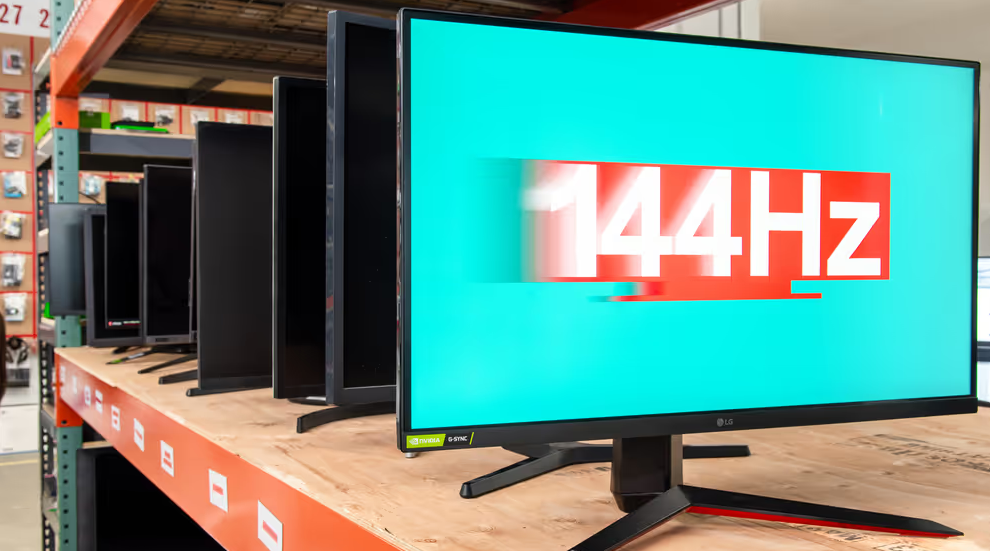Are you in the market for a new monitor but find the wide range of choices confusing? The refresh rate is an important feature to take into account, as it affects both ordinary computing operations and gaming. We’ll go over the various refresh rates in this tutorial and assist you in choosing the one that works best for you.
- Understanding Refresh Rate:Before diving into which refresh rate is right for you, let’s quickly understand what refresh rate means. Refresh rate is the number of times per second your monitor updates with new information. It is measured in Hertz (Hz), with higher numbers indicating more frequent updates.
- 60Hz:A 60Hz refresh rate is the standard for most monitors. It’s perfectly adequate for everyday tasks like web browsing, document editing, and streaming videos. If you’re not a gamer or involved in any high-motion content creation, a 60Hz monitor will likely suffice.
- 120Hz – 144Hz:These monitors are gamer favorites, offering smoother motion and reduced blur for a more immersive gaming experience. If you’re a casual gamer or play fast-paced games occasionally, a 120Hz or 144Hz monitor will enhance your gaming without costing a fortune.
- 240Hz: For competitive gamers, a 240Hz monitor offers minimal input lag and smoother gameplay, enhancing online performance. Casual gamers may not notice much difference compared to 144Hz.
- Adaptive-Sync Technologies:Adaptive-sync technologies like AMD FreeSync and NVIDIA G-SYNC can further enhance your gaming experience by synchronizing the monitor’s refresh rate with the GPU’s frame rate, reducing screen tearing and stuttering.
- Consider Your Usage:When choosing the right refresh rate for your monitor, consider how you primarily use your computer. If you’re a gamer, prioritize higher refresh rates for smoother gameplay. If you’re a content creator or office worker, a standard 60Hz monitor might suffice unless you require smoother motion for video editing or design work.
- Budget Considerations:Higher refresh rate monitors typically come with a higher price tag. While they offer superior performance for gaming, they may not be necessary for everyone. Consider your budget and whether the benefits of a higher refresh rate justify the additional cost for your usage.
Conclusion
In conclusion, your unique demands and usage habits will determine the ideal monitor refresh rate for you. There is a refresh rate that can improve your computer experience, regardless of whether you’re a content creator, competitive player, or casual user.

